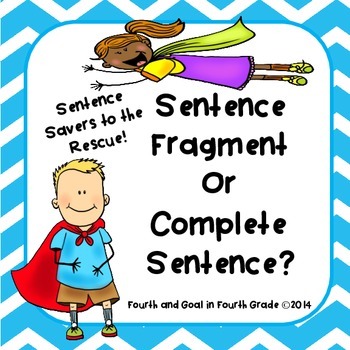

Thus, these dependent clauses are fragments that need to be connected to the main clause that precedes them. In all of the examples above, the red flag words in bold signal the beginning of a dependent clause that cannot stand alone. Which is why there is no room in the closet for any of my clothes.

“ Which is” – My roommate has more clothes than anyone I have ever met.Such as managing their time, maintaining a budget, and balancing work with play. “ Such as” – Freshmen tend to have a lot of problems adjusting to college life.“ Especially” – I hate going shopping at the mall.“ Because” – We were late to class this morning.When proofreading your work, look for the following “ red flag” words: Running down the street, two little girls chased their shaggy dog.Īlso, in addition to the above, there a few commonly used phrases that can very easily be fragments if not joined to an independent clause. One would be to add the subject and the missing portion of the complete verb:Ī shaggy dog was running down the street.Īlternatively, this phrase can be added to an independent clause as an introductory phrase: This verbal phrase is a fragment because it lacks a subject and a complete verb. In addition, some fragments are caused by verbal and prepositional phrases: Notice here that a dependent clause added at the end of a sentence is not preceded by a comma. We are really going to have to hurry because we overslept and missed the bus. The emphasized words finish the thought of the first sentence, so they need to be joined to the first sentence. When I went to the store yesterday, I bought some milk.Īnother type of fragment occurs with “after thoughts” (usually a dependent clause or a phrase that adds detail) that need to be joined to the previous sentence to complete its meaning.

To fix this kind of fragment, we must add it to another complete sentence. We need something else to complete the thought-we don’t know what happened when we went to the store yesterday. Look at what happens when we add a subordinating word: The subject is “I” and the verb is “went,” and the sentence expresses a complete and independent thought. It is a dependent clause-dependent on something else to complete its meaning. It either lacks a subject, a complete verb (or both), or it might be a complete sentence but because it begins with a subordinating word (such as “when” or “because”) it does not express a complete thought. It cannot stand alone because it is not an independent clause. Get tips on understanding and correcting sentence fragments.Ī fragment is an incomplete sentence.


 0 kommentar(er)
0 kommentar(er)
